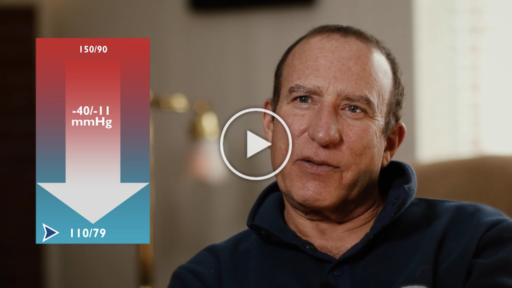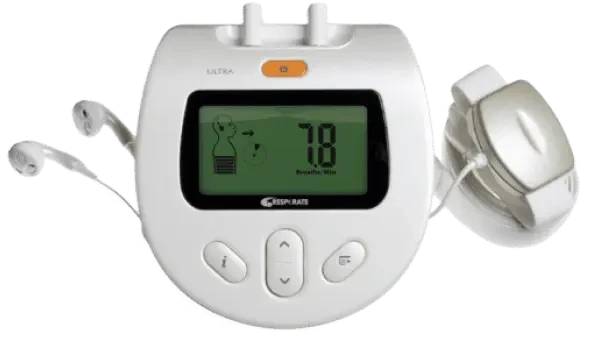We all have trouble falling asleep from time to time. Who wouldn’t? Our daily hectic schedules, doses of bad news pumped into our homes 24/7, and gadgets that are supposed to help us fall asleep but fall short. In fact, you cannot fall asleep because of high levels of pre-sleep tension.
Those who seem to have the most trouble sleeping are the men and women who serve our country at home and abroad. I am not sure if I could fall asleep in a place like Iraq or Afghanistan.
So how do they fall asleep? The United States Military has recommended this method for falling asleep. As a matter of fact, according to the creator of this method, you will fall asleep in 120 seconds (2 MINUTES). After practicing this method for 6 weeks there is a 96% success rate.
In the book titles, “Relax and Win: Championship Performance”, readers are taught how to improve sports performance and reduce injuries by to relax and release tension before prior to competition.
How To Practice This Method
The first thing you want to do is clear your mind by doing the following:
- 1. Relax the muscles in your face, including your tongue, jaw, and the muscles around your eyes.
- 2. Drop your shoulders as low as they’ll go. Then relax your upper and lower arm on one side, and then the other.
- 3. Breathe out, and relax your chest.
- 4. Finally, relax your legs, thighs, and calves in that order.
So now what are you supposed to do once you have done that quiet place in your mind and body? You want to be able to picture in your mind the following three images in order.
First try to imagine you are lying in a canoe on a calm lake, nothing but blue sky above you. Soak in that sensation for a few minutes.
Second picture yourself snuggled in a black velvet hammock in a pitch-black room. Again don’t rush away from this image hold it as long as possible
Finally say to yourself “don’t think, don’t think, don’t think” over and over for ten seconds.
After six weeks of practice, you should be falling asleep in about 2 minutes tops.
Remember To Use The Following Sleep Hygiene Practices:
Reduce Caffeine Intake
Caffeine disturbs sleep, even in people who don’t think caffeine affects them. People who have trouble sleeping are often more sensitive to mild stimulants than normal sleepers are. Caffeine is found in items such as coffee, tea, soda, chocolate, and many over-the-counter medications.
Sleep is not a waste of your time so don’t skip on a full night sleep
Taking the time to sleep can seem frustrating when you have a very busy life; however, it is exactly what you need in order to support the biological process that your brain requires to maintain optimal performance. Did you know that staying awake for 17 hours or more is actually like being under the influence of alcohol? If you don’t sleep enough, your brain will not operate at top speed the next day. Sleep is also important to improve memory and regulate hormones.
Take the TV or computer out of your room
Having distractions in your room can make it difficult for you to wind down and get restful sleep. Anything that is going to stimulate your brain or distract you while going to bed is causing you to lose sleep. It is important to associate your bedroom with sleep rather than a place to eat and watch TV. Try to make it a place that you know you can go to get restful and uninterrupted or distracted sleep.
When you’re tired go to bed
It’s difficult to stop that movie or put down that book when you start getting tired. Going to bed when you’re not tired can also be an issue. Going to bed too early can be frustrating or make it difficult to shut off your mind. Not going to bed when your body is telling you its tired can cause you to not get enough sleep.
Practice a good bedtime routine
Practicing a good bedtime routine can help your body to start to wind down and help you get restful sleep. Allow yourself at least an hour before bedtime to unwind. Avoid stressful, stimulating activities such as doing work, cleaning, or discussing emotional issues. Practicing good hygiene before bed is also helpful. Brushing your teeth and flossing, washing your face, or taking a hot bath or shower can help you wind down.
The bottom line when it comes to getting restful sleep is doing what works for you. There is no magical formula other than listening to your body.

 Eli Ben-Yehuda
Eli Ben-Yehuda 












 Download Brochure
Download Brochure
Comments